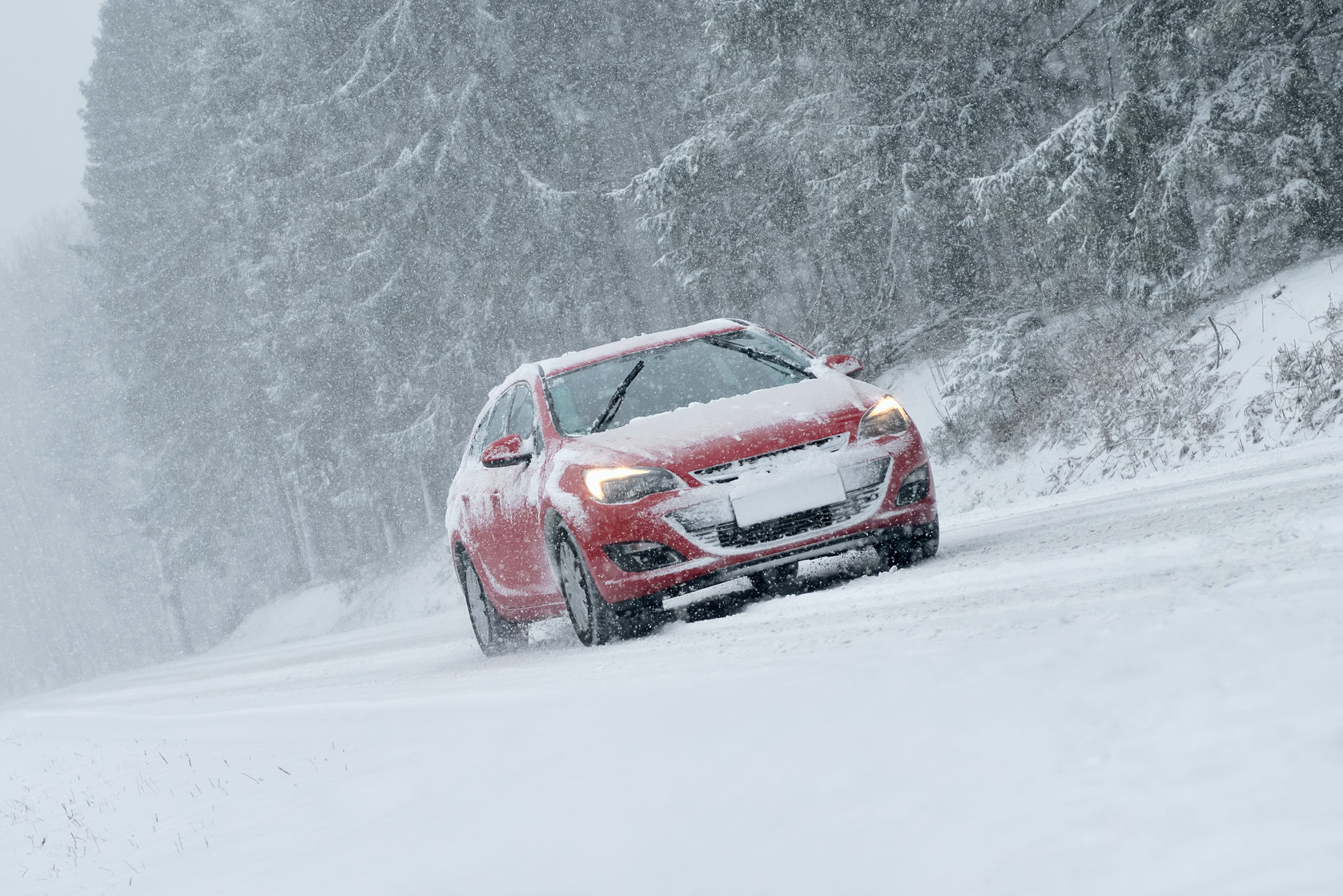As the temperature finally dips across the UK, it is starting to feel as though winter is at last on its way, despite the unseasonably warm, but unpleasantly wet, weather that we have all been experiencing of late. Many of the motorists can now take advantage of the holiday season and travel to areas that were long pending like London, Yorkshire or even towards Scotland.
Experts recommend paying extra attention to your car servicing during this holiday season in order to avoid the risk of breakdowns in cold or even icy conditions. Here are four tips that will keep you motoring happily, no matter how cold it gets outside.
Battery
Keep an eye on your battery which will have to work harder in cold weather. Your battery should charge itself up as you drive along, so you should never really have a time when you don’t have a full charge – if this begins to happen, get your car checked out at your local garage to see why the battery is not holding its charge, or to find out what is draining it overnight. Any minor problems with your battery will get worse in winter, so it is best to sort it out sooner, rather than wait and hope that it will be okay.
Oil
Oil is a thick liquid but works best when it is heated and becomes thin and runny. When it is cold, your oil thickens up even more (even becoming gelid or turning to a jellylike mass in your engine in extremely cold conditions), and requires longer to heat up along with the engine to achieve its optimal working viscosity. To ensure that your oil is always fit for purpose and will not harm your engine, make sure you use the best quality car oil for your vehicle that you can. Oil should be new and clean when you put it in, and you should change your oil according to the suggestions in your car owner’s hand book. Avoid using second-hand oil as this can contain contaminants which can worsen issues caused by the cold weather.
Tyre Pressure
Your tyre pressure will also fluctuate in cold weather, so keep an eye on your inflation. Cold weather can make the inflation seem higher, while sudden fluctuations in either direction can be enough to upset the balance of your tyres, making them over- or under-inflated rather than exactly right. Modern tyres work best at optimal inflation levels and this has actually been enshrined in law with the inclusion of correct tyre inflation in the latest MOT test checklist. If your tyres gain or lose pressure unexpectedly, this can be a sign that something is going wrong with your tyres, so book yourself in for a service before the worst of the winter weather is upon us. You can very easily book car servicing in London at DAT Tyres. Alternatively, you can call on 02089693030 to chat with experts about your winter car servicing needs.
Top Up the Antifreeze
Your coolant system does a great job in summer, keeping your car cool and collected as you drive around. But in winter, the coolant system can become overwhelmed as it tries to cool down an already cold car – and it can be a little too successful, allowing ice and frost to accumulate in your system. The nature of ice is that it expands into shape, so this can be harmful for your car parts, which can be dis-aligned by the ice. Topping up your antifreeze in the coolant system is the best way to prevent an unwanted freeze, and no ice crystals will help the coolant system to do its job efficiently: getting you from A to B, and keeping you warm as it does so.






